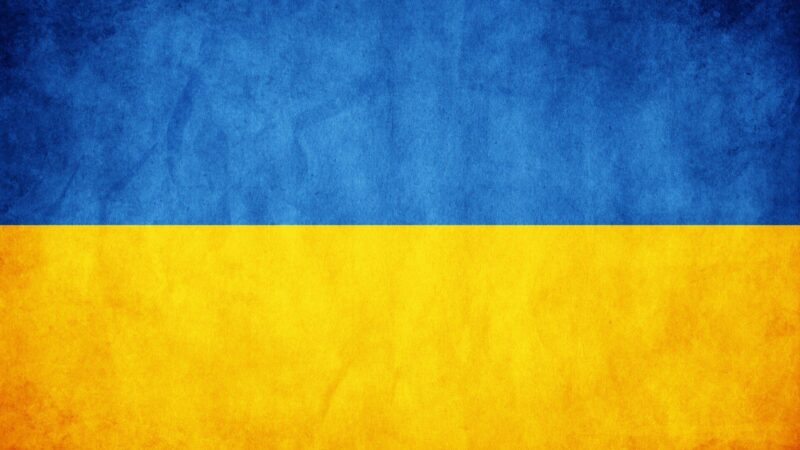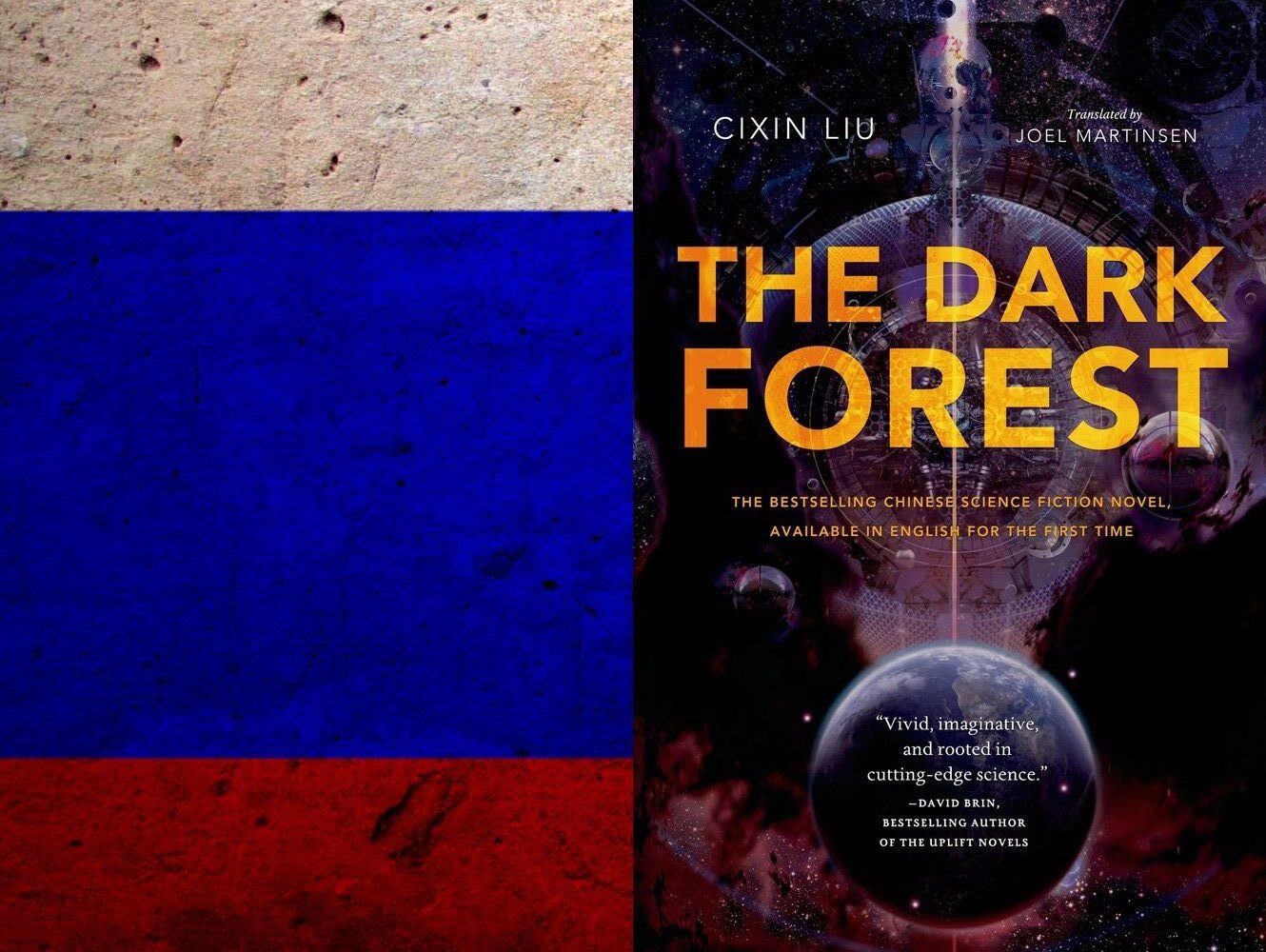It’s been one week of war now. One week of immense sorrow. One week of reading more news than ever before in such a short time: Zelensky, Putin, Kiev, Kharkiv, Cherson, Territorial Defense Unit/Brigade, women signing up for frontline duty – the list in my dreams and nightmares go on and on.
To follow the news, is to me like watching a shockwave of power and momentum in real time, the epicenter being Washington DC. From that epicenter comes an immense wave of power in the shape of diplomacy and soft power, flowing in all directions simultaneously. Many countries are caught in the flow, some resist. I’ve read news, especially after president Joe Biden’s speech to the congress, that the USA is not standing in the frontline this time, defying the prevalent thought that Americans are always at the forefront in confrontations, leading the “free world” towards a new goal. That they are weaker now. I couldn’t disagree more. Biden and Blinken (and so many others) have done a marvelous job of outing the Russian plans, playing the game of spies against spies. They remind me of president George H.W. Bush and James Baker III when they saw the Soviet Union and its’ satellite states collapse: seem unaffected outwardly while being busy and occupied with diplomacy and behind-the-scenes actions to make sure the system collapses as smoothly as possible. Biden and Blinken are using the goodwill of being right about Putin, and the badwill of Putin and his actions, to amass the strongest economic and political alliance in history. The goal is twofold.
Firstly, the US is intent on destroying Russia as a great power once and for all by isolating them from the rest of the world as much as is possible, daring Putin to let Russia become a vassal state of China. Since China is extremely much stronger than Russia, those bilateral negotiations and relations will not be in Russia’s favour, ever. The wolf warrior diplomacy will put Putin at China’s mercy, no matter the nuclear weapons. Russia is in decline in almost all ways, whereas China is now becoming a super power stronger than the Soviet Union ever was.
Secondly, when Russia is weakened and the debris is left in Siberia, the US will turn to China. Aligned beside them will be the European union with all its economic might, now stronger militarily than ever before, South Korea, Japan and many other countries, especially in South East Asia. The goal here is to force the Chinese to negotiate on the Western terms, to stop the wolf warrior diplomacy and make them see that a war on Taiwan is out of the question. The hegemon (the US that is) will remain in its’ place.
That notorious Russian security meeting last week had me thinking a few things. One: Putin seemed affronted and angry. Perhaps because all his secret plans had been thwarted, that communications had been constantly intercepted and used against him by the Five Eyes. There might be leaks even. Two: Democracy in Ukraine must not last. A democratic country which succeeds where his authoritarian, semi-dictatorship country fails is never to be tolerated. Three: It seems his friends there didn’t agree with him. Perhaps they’re more well-informed about the risks they’re taking, both by attacking Ukraine and by saying no to Putin. Catch 22. But it angered him and all things considered made him make the decisions to attack.
Perhaps there are many other reasons I/we don’t know and may never know. Still, I presume there are some strong disagreements in the Kremlin leadership.
The response to the Russian invasion and attack has been stronger than I ever imagined. In the way of the reception of (and preparation for) refugees, which could have been a goal for Putin: let enough refugees into the EU and it might crumble, since the last refugee crisis in 2015 put the union through some serious hardships, and help right-wing extremists in France into power. In the way of swift (no pun intended) economic sanctions. In the way of military aid, like in Sweden, where the government and (now) all parties have decided to send weapons to a warzone for the first time since 1939. That says something about the threat European countries feel, disregarding all these foolish claims that Russia is threatened by every Western country, giving Russia the right to decide who should cooperate with who.
It seems Emanuel Macron has been right all along, preaching about a stronger military force within the European Union, that the EU must be able to tackle things on its’ own. I’ve concurred before and I do it again. Thank you, Putin.
I’ve heard politicians call for the extradiction of all Russian citizens from Sweden, which is an absurd proposal. To extradict people seeking asylum, a new life, or any other reason, for just being Russian citizens is against logic, against reason and won’t do the cause for Ukraine, for democracy any good. It’s rather to revert to the historical mistakes of old (and new): the internment of people with Japanese heritage in the US during World War II, the hatred towards Germans in the US during World War I. It smells of racism. There’s also the usual fallacy of thinking of citizens of one country being potential spies or weaknesses. As if Swedish citizens couldn’t be traitors or damage our country (the same goes for any country). The worst traitors and spies are usually found within a countries own population.
Other very disturbing news, unfortunately not unexpected though I hoped for better: African students and migrants being treated very poorly by Ukranians and Poles. Considering how quickly and forcefully Poland organized a reception for millions of Ukrainians, and how forcefully they opposed refugees from Syria and the Middle East in 2015, I’m not surprised. Somehow, though, when you read news about all the heroic, fantastic deeds of the Ukrainians, one expects them to be saints in every way. That is never true for any people. The situation is so dire and awful, blatant racism in the form of refusing help and aid to Black people is sad, disturbing and wrong. People fleeing the war should receive help, no matter their origin or citizenship.
People claim the Russians will win. Define win and victory, I say. Historically, the Russians haven’t fought a war without severe losses and/or humiliation in modern times. The Russo-Japanese war ended in humiliation and defeat. World War I ended in humiliation, defeat and system collapse. Russia was defeated by Poland in 1920. World War II was “won” by the death of millions of soldiers and inhabitants, in numbers perhaps more than any other nation ever. Afghanistan ended in humiliation. And so did Chechnya. The United States has the most powerful military the world has ever seen. They can deploy troops everywhere and have ousted many regimes for more than a century now, in some spectacular and extremely efficient ways. But even they have severe problems occupying countries. If the great historian Putin had read real history he would know how some of those occupations ended.
So how can Russia possibly win? If the rest of the world lets them fight there by turning a very blind eye and by turning everything in Ukraine, the very country he was supposed to save, to dust and smithereens. By turning Ukraine into Stalingrad, which is very ironic, in a twisted, bleak way. By letting Russian men die in the hundred of thousands, and Ukrainians in the millions.
I sincerely hope I won’t be writing any more about this war again, that it is over next week, but it seems a faint and vain hope. I would like the war to stop any minute, no more people dying, whether they be citizens in Ukranian cities, towns and villages preparing to fight and die for their freedom from Russia, or young Russian soldiers lying dead on the ground, covered by snow.



